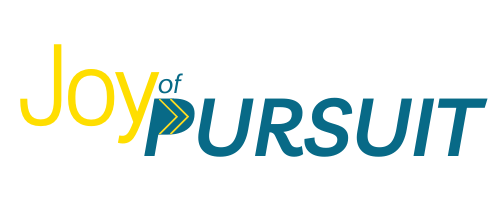Retaining Top Talent: 5 Mismanagement Mistakes to Avoid
A company's success and sustainability are significantly impacted by employee retention. Retention rates affect profitably, productivity, and morale. However, many company leaders unwittingly contribute to high turnover rates through mismanagement practices that erode employee satisfaction and commitment. Below, we’ll share the top five mismanagement mistakes that harm employee retention in the workplace and explore strategies to overcome them.
1. Lack of Communication
Effective communication is the cornerstone of any successful team. Yet, many leaders fall short in this area by failing to provide clear expectations, feedback, and updates to their employees. When communication channels break down, employees may feel disconnected from the organization's goals and unsure about their roles and responsibilities. This lack of clarity can breed frustration and disengagement, ultimately leading talented individuals to seek opportunities elsewhere. To combat this, leaders must prioritize open and transparent communication, fostering an environment where employees feel heard, valued, and informed.
2. Micromanagement
Micromanagement is a surefire way to demoralize employees and stifle creativity and innovation. When leaders excessively monitor and control every aspect of their team's work, it sends a clear message of distrust and undermines employee autonomy. Instead of empowering their team members to make decisions and take ownership of their work, micromanagers create an atmosphere of anxiety and apprehension. To avoid this mismanagement pitfall, leaders should focus on setting clear expectations, providing support and guidance, and trusting their employees to deliver results.
3. Ignoring Employee Development
In today's competitive job market, opportunities for growth and advancement are essential for retaining top talent. Unfortunately, some companies neglect to invest in their employees' professional development, viewing it as a discretionary expense rather than a strategic investment. However, failing to provide training, mentorship, and career progression opportunities can harm employee morale and retention. Companies should prioritize employee development initiatives, such as skills training, coaching, and succession planning, to foster a culture of continuous learning and career advancement.
4. Failing to Recognize and Reward
Recognition and rewards are powerful motivators that can significantly impact employee engagement and retention. Yet, many companies underestimate their importance or fail to implement meaningful recognition programs. When employees' contributions go unnoticed or unappreciated, they may become disillusioned and disengaged, leading to higher turnover rates. To address this mismanagement mistake, leaders should make a concerted effort to acknowledge and celebrate their team members' achievements regularly. Whether through verbal praise, monetary rewards, or opportunities for advancement, recognizing employees' efforts can go a long way toward boosting morale and loyalty.
5. Inadequate Work-Life Balance
Achieving a healthy work-life balance is essential for employee well-being and job satisfaction. Unfortunately, some leaders contribute to burnout by imposing unrealistic expectations on their team members. When employees feel overworked and overwhelmed, they are more likely to experience stress, exhaustion, and ultimately, a desire to leave the organization. To promote a healthier work-life balance, leaders should encourage flexibility, respect boundaries, and prioritize employee well-being. Companies can create a supportive work environment where employees feel valued by offering telecommuting options, flexible scheduling, and respecting time off.
Effective leadership plays a crucial role in retaining top talent and fostering a positive workplace culture. By avoiding the common mismanagement mistakes listed above, companies can create an environment where employees feel engaged, motivated, and committed to the organization's success. Prioritization of employee well-being and professional growth will create a high-performing team that drives innovation and productivity while decreasing employee turnover—ultimately leading to the long-term success of the company.
Are you looking to boost your employee retention? Take advantage of our upcoming workshop—Retaining Brilliance: Building Engagement with a Culture Assessment.
Welcome to Joy of Pursuit!
Pursuing your small business goals can be challenging.
Whether you are a company of one or have a team, I can assist you with building the small business of your dreams.







